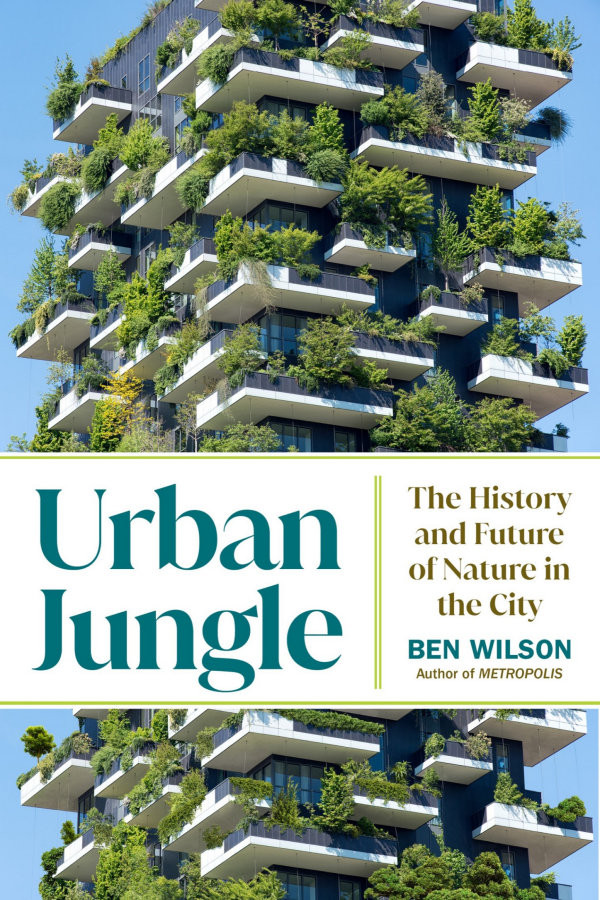

Most ebook files are in PDF format, so you can easily read them using various software such as Foxit Reader or directly on the Google Chrome browser.
Some ebook files are released by publishers in other formats such as .awz, .mobi, .epub, .fb2, etc. You may need to install specific software to read these formats on mobile/PC, such as Calibre.
Please read the tutorial at this link: https://ebookbell.com/faq
We offer FREE conversion to the popular formats you request; however, this may take some time. Therefore, right after payment, please email us, and we will try to provide the service as quickly as possible.
For some exceptional file formats or broken links (if any), please refrain from opening any disputes. Instead, email us first, and we will try to assist within a maximum of 6 hours.
EbookBell Team

4.1
60 reviewsIn this exhilarating look at cities, past and future, Ben Wilson proposes that, in our world of rising seas and threatening weather, the natural world may prove the city's savior "Illuminating...Wilson leaves readers with hope about the future of efforts to preserve the ecosystems that surround us, as well as a new perspective that looks beyond the concrete and asphalt when walking along a city’s streets.
"—Associated PressSince the beginning of civilization, humans have built cities to wall nature out, then glorified it in beloved but quite artificial parks. In Urban Jungle Ben Wilson—the author of Metropolis, a seven-thousand-year history of cities that the Wall Street Journal called “a towering achievement”—looks to the fraught relationship between nature and the city for clues to how the planet can survive in an age of climate crisis.
Whether it was the market farmers of Paris, Germans in medieval forest cities, or the Aztecs in the floating city of Tenochtitlan, pre-modern humans had an essential bond with nature. But when the day came that water was piped in and food flown from distant fields, that relationship was lost. Today, urban areas are the fastest-growing habitat on Earth and in Urban Jungle Ben Wilson finds that we are at last acknowledging that human engineering is not enough to protect us from extremes of weather. He takes us to places where efforts to rewild the city are under way: to Los Angeles, where the city’s concrete river will run blue again, to New York City, where a bleak landfill will be a vast grassland preserve. The pinnacle of this strategy will be Amsterdam: a city that is its own ecosystem, that makes no waste and produces its own energy. In many cities, Wilson finds, nature is already thriving. Koalas are settling in Brisbane, wild boar may raid your picnic in Berlin. Green canopies, wildflowers, wildlife: the things that will help cities survive, he notes, also make people happy.
Urban Jungle offers the pleasures of history—how backyard gardens spread exotic species all over the world, how war produces biodiversity—alongside a fantastic vision of the lush green cities of our future. Climate change, Ben Wilson believes, is only the latest chapter in the dramatic human story of nature and the city.